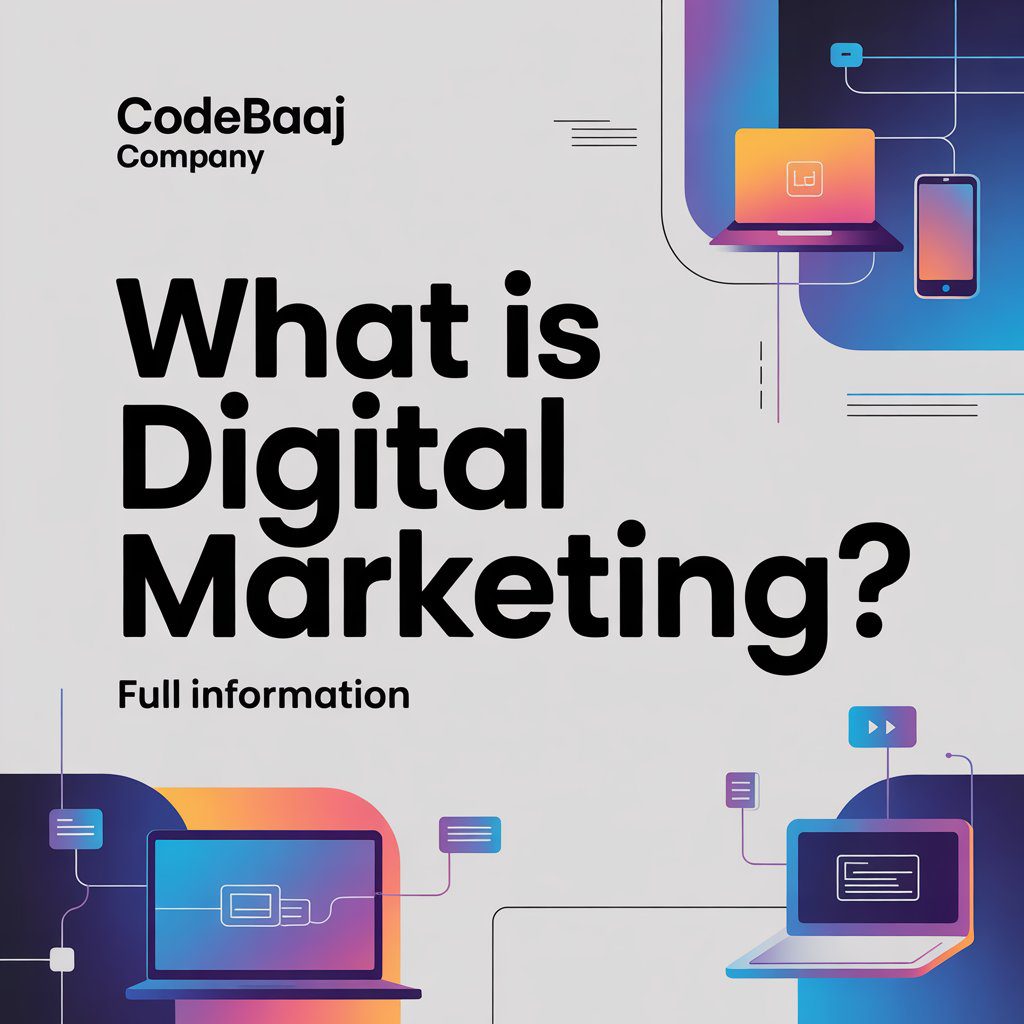Sure! Here’s full information about Spring Boot, a popular Java-based framework for building web applications and microservices:
📌 Overview
- Name: Spring Boot
- Type: Framework for Java-based applications
- Created By: Pivotal Software (now part of VMware)
- Initial Release: April 2014
- Current Version: 3.x (as of 2025)
- License: Apache License 2.0 (open source)
- Official Website: https://spring.io/projects/spring-boot
🧠 What is Spring Boot?
Spring Boot is an open-source Java framework built on top of the Spring Framework. It simplifies the development of production-ready applications by providing defaults, auto-configuration, and starter dependencies, so developers can get started quickly without complex setup.
It is widely used for creating standalone, production-grade Spring-based applications and microservices.
🎯 Key Features
1. Auto-Configuration
- Automatically configures Spring and third-party libraries based on the dependencies present in the project.
- Reduces boilerplate configuration.
2. Starter POMs
- Provides starter dependencies (like
spring-boot-starter-web,spring-boot-starter-data-jpa) to simplify dependency management.
3. Embedded Servers
- Supports embedded servers such as Tomcat, Jetty, or Undertow.
- Applications run standalone without needing to deploy WAR files on external servers.
4. Production-Ready Features
- Includes built-in health checks, metrics, monitoring, and externalized configuration.
5. Opinionated Defaults
- Provides sensible defaults to speed up development while allowing customization.
6. Spring CLI
- Command-line tool to quickly create and run Spring Boot projects.
🧱 Architecture
- Based on the core Spring Framework principles: Inversion of Control (IoC), Dependency Injection (DI), and Aspect-Oriented Programming (AOP).
- Uses Spring MVC for web applications.
- Integrates easily with databases, security (Spring Security), messaging, batch processing, etc.
⚙️ Typical Use Cases
- RESTful web services and APIs
- Microservices architecture
- Backend for web and mobile apps
- Cloud-native applications
- Batch processing apps
🧰 Getting Started
Basic Example: A simple REST controller
import org.springframework.boot.SpringApplication;
import org.springframework.boot.autoconfigure.SpringBootApplication;
import org.springframework.web.bind.annotation.GetMapping;
import org.springframework.web.bind.annotation.RestController;
@SpringBootApplication
public class DemoApplication {
public static void main(String[] args) {
SpringApplication.run(DemoApplication.class, args);
}
}
@RestController
class HelloController {
@GetMapping("/")
public String hello() {
return "Hello, Spring Boot!";
}
}
- Save as
DemoApplication.java, build with Maven or Gradle, and run.
🔧 How to Set Up
- Use Spring Initializr to bootstrap projects with dependencies.
- Add dependencies in
pom.xml(Maven) orbuild.gradle(Gradle). - Run with embedded server:
mvn spring-boot:runorgradle bootRun.
🧩 Key Components and Modules
- Spring Boot Starter: Collection of starters for web, data, security, testing, etc.
- Spring Boot Actuator: Adds production-ready features like metrics, health checks.
- Spring Boot CLI: Command-line interface.
- Spring Boot DevTools: Tools for hot reload and improved development experience.
✅ Benefits of Using Spring Boot
- Speeds up development with auto-configuration and starters.
- Simplifies deployment with embedded servers.
- Easily integrates with other Spring ecosystem projects.
- Rich ecosystem and large community.
- Production-ready features out of the box.
- Flexible and customizable.
❌ Challenges
- Can be complex for beginners unfamiliar with Spring.
- Auto-configuration magic can sometimes make debugging harder.
- Larger memory footprint compared to minimal frameworks.
- Requires good knowledge of Java and Spring concepts.
Learning Resources
- Official Docs: https://docs.spring.io/spring-boot/docs/current/reference/html/
- Spring Guides: https://spring.io/guides
- Courses: Udemy, Pluralsight, Coursera
- Books: “Spring Boot in Action”, “Spring Microservices in Action”


